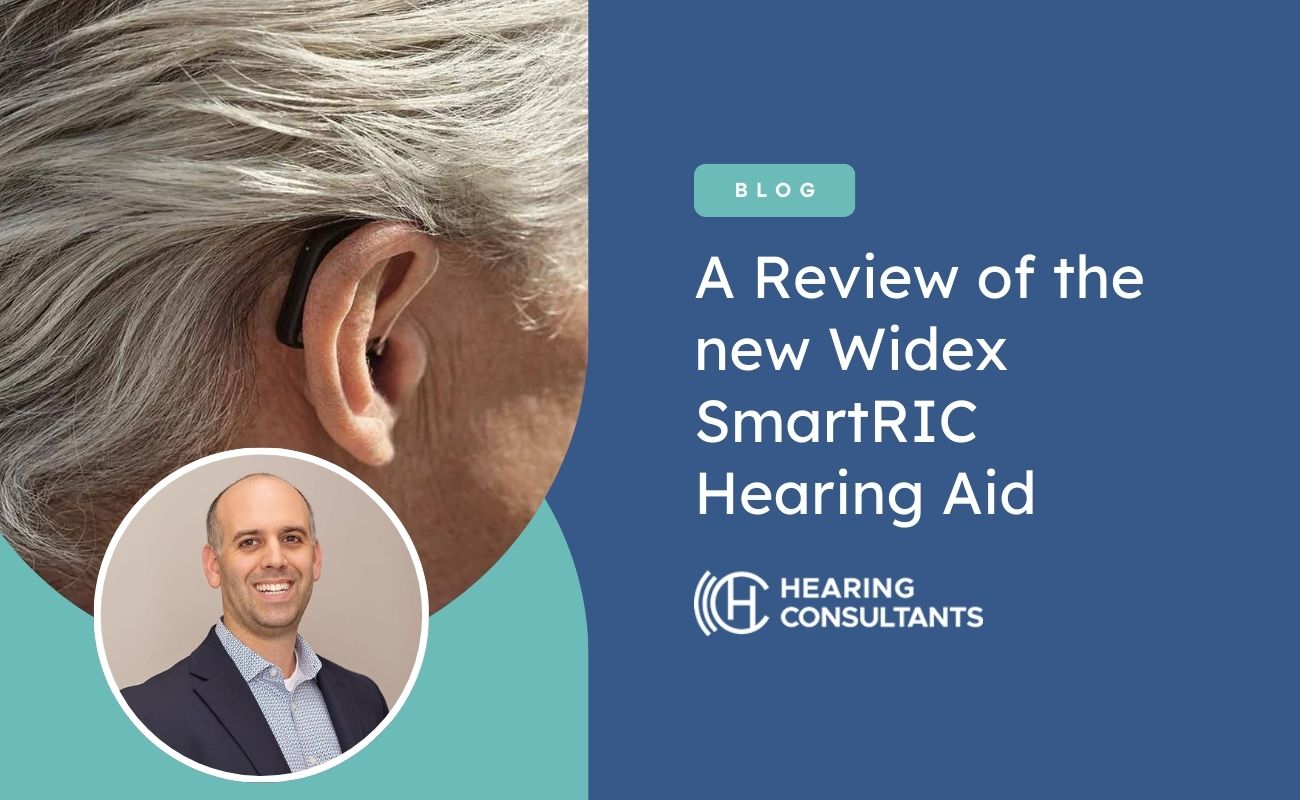Tips for Communicating with Hearing Loss
Do you have hearing loss, and struggle to communicate with your family and friends? You can share these tips with your loved ones, and make it easier to communicate with hearing loss.
Getting Your Attention
Ask your family and friends to get your attention before they start a conversation. If you miss the first sentence, you will have a harder time understanding what they’ve said. Your family can say your name, touch your arm or even wave. Once they have your attention, you’ll have an easier time following the conversation.
Turn Off Any Background Noise
When you have hearing loss, it’s much harder to hear speech sounds in places with a lot of background noise. Even at home, the sound of the radio or TV can be very distracting, and make it even harder for you to hear what’s being said. Ask your friends and family to turn down the music or turn off the TV. You can also move to a quieter room in the house if there are several conversations happening in the living room.
When you’re at a restaurant, ask for a table along a wall, and away from the kitchen or the main door. This will help reduce background noise, and make it easier for you to follow conversations. You can also ask your waiter to turn down the volume of the music. Chances are you aren’t the only one having a hard time hearing, and others will appreciate it being a bit quieter during dinner.
Ask Your Conversation Partner to Face You
It’s hard to hear what someone is saying if they speak with their back to you. Ask your family and friends to face you when speaking. Even when you can’t quite hear all the words, their facial expression and their body language will help you understand what they’re saying.
Ask them to keep their hands away from their face. Not only will the hands muffle the words they’re saying, it also stops you from reading their facial expressions clearly. If you have hearing loss, you probably also use speechreading to help you hear. Speechreading is a way to improve your understanding of what’s being said by watching the speaker’s face closely. For example, certain consonant sounds like /s/ or /k/ are harder to hear but easy to see.
Ask your loved ones to avoid talking with food in their mouth or while chewing gum. You’ll have the easiest time understanding them if they face you while talking, and keep hands and food away from their faces.
Speaking Normally
If you have hearing loss, you’ve had your friends or family shout at you. Remind your loved ones that speaking loudly or exaggerating the words doesn’t actually help you hear. It can even distort the words, and make it harder for you to understand your loved ones.
Ask your friends and family to speak normally, not too fast or too slow. Rather than exaggerating speech, it’s better if they can get in the habit of leaving pauses between phrases, and give you a moment to catch up to what they’ve said.
Rephrase Sentences
If you have a hard time hearing a word, it doesn’t always help to have someone repeat the exact word. You may not understand it the second or third time either. Instead, ask your loved ones to rephrase sentences to help you catch the meaning of what’s been said. They can also ask you what part of the sentence or phrase you didn’t understand, and they can simply rephrase that one part of the sentence.
Communicating with Hearing Loss
If you have hearing loss, it’s important that you’re honest with your family and friends. Tell them when you’re struggling to hear, and work together to make it easier for you to understand what’s being said. Your loved ones want to communicate with you, and they’ll be happy to do what it takes to help you communicate easily.
You should wear your hearing aids when having a conversation with your loved ones. Hearing devices make it easier to hear in places with a lot of background noise, and help you focus on speech. With your hearing aids you’ll hear the softer consonant sounds, and have an easier time following conversations.
Get in touch with
Hearing Consultants
Contact our clinic to schedule an appointment today!







